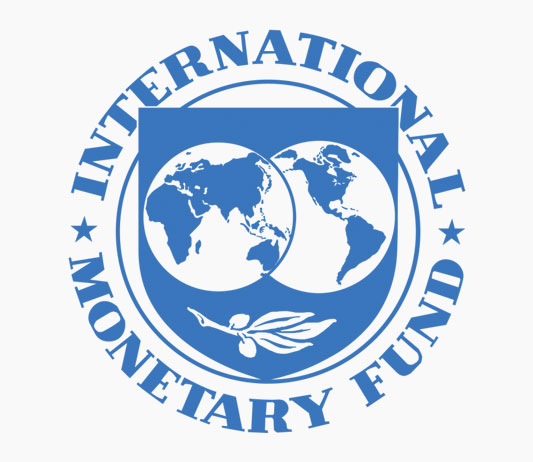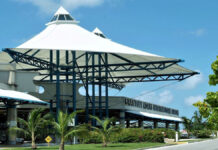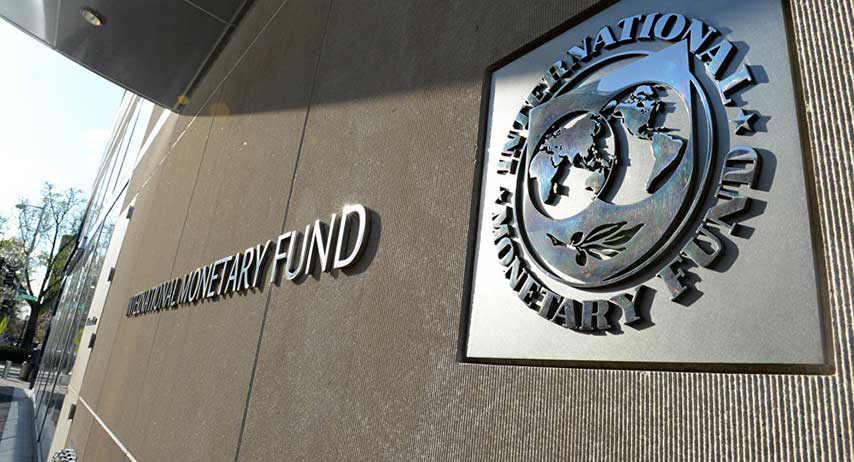A team from the International Monetary Fund (IMF), led by Judith Gold, visited Barbados during May 9–19 to conduct discussions for the 2016 Article IV Consultation.
At the conclusion of the mission, Ms. Gold issued the following statement:
“The economy appears to have turned the corner with activity picking up. Real GDP grew by 0.8 percent in 2015—underpinned by a surge in tourism arrivals—relative to 0.2 percent in 2014 and an average of -0.3 percent in 2008–14, while employment increased by 2 percent and unemployment fell. Inflation is low, reflecting a sharp drop in import prices. The financial system is stable and non-performing loans declined, while private sector credit growth remains cautious. The current account deficit has narrowed significantly, reflecting lower oil and other import prices—despite an increased volume of oil and intermediate goods imports—while exports grew modestly. Net international reserves fell by US$57 million since the beginning of 2015, reflecting lower foreign direct investment and debt amortization.
“The economy faces serious challenges. Although growth has resumed and short-term prospects are positive, imbalances persist between available resources and government programs. While favorable external developments have provided some room for maneuver, Barbados remains highly vulnerable and may not realize its potential without deep-seated reforms to align revenues and expenditures, and reduce debt.
“Fiscal reforms have yielded less than expected. After significant consolidation in FY2014/15, the deficit in FY2015/16 remained broadly unchanged, short of government’s objective, due to delayed implementation of June 2015 tax measures and slow progress with the reform of the state owned enterprises (SOE). Consequently, public sector debt rose to 105.5 percent of GDP from 98 percent at the end of FY2013/14. The large cash requirements of the government are a challenge increasingly met by the Central Bank.
“Growth is projected to increase to 2.1 percent in 2016, reflecting higher private and public investment, mainly in refurbishing and expanding the tourism stock. While favorable terms of trade developments support a stronger outlook, government financing requirements and possible delays in government-backed projects are a source of risk. Another concern is “de-risking,” i.e., the termination of banking relationships by global financial institutions with clients perceived to be “high risk” which could hurt the International Business and Financial Sector operations. Other sources of risk include weak growth in key source tourism markets. Over the medium term, growth prospects hinge on fiscal adjustment sufficient to reduce debt and maintain private sector confidence.
“To reverse large increases in debt and place it on a downward trajectory, the mission recommends fiscal adjustment of at least 3.5 percent of GDP over the next three years. This would be on top of the expected improvement in performance this year reflecting a full year of the 2015 revenue measures. The strategy would focus on strengthening Barbados Revenue Authority performance by completing its reform and improving its operations, and on comprehensive reform of SOEs to strengthen financial management, consolidate their operations, and improve the affordability of their programs. This adjustment would put the debt ratio below 100 percent by FY2019/20 (about the FY2014/15 level), and, if sustained, would shift the trajectory solidly downward. It would also substantially ease the funding burden, reduce and potentially eliminate the need for Central Bank funding, support international reserve build up, and possibly improve credit ratings.
“To support the nascent recovery, the government should also advance measures to raise the efficiency of public services, which impedes private sector operations, pursue reforms to increase labor market flexibility without unduly reducing worker protection, increase training opportunities in a cost effective manner to address the skill mismatch, and move forward with a viable and affordable agricultural strategy to strengthen its links with the tourism sector.
“The IMF stands ready to assist the Government of Barbados, including through continued policy dialogue and technical assistance. The team would like to thank the authorities, technical staff, representatives of civil society, and the private sector, for their open discussions and constructive dialogue.”
The mission met with Minister of Finance Christopher Sinckler, Central Bank Governor DeLisle Worrell, Minister of Industry Donville Inniss, the leader of the opposition Mia Mottley, senior government officials, and representatives of the private sector, labor organizations and academia.






